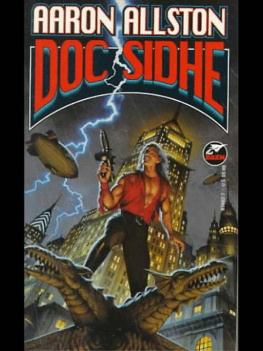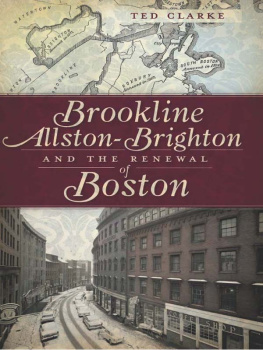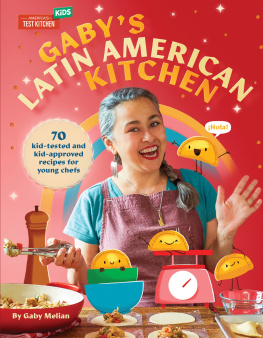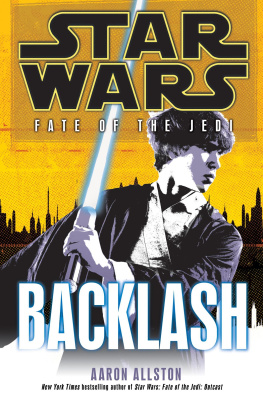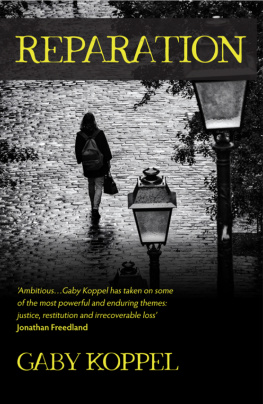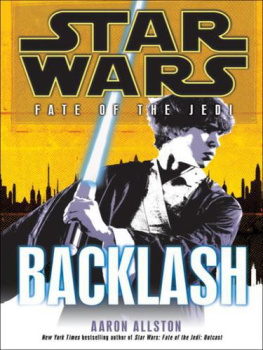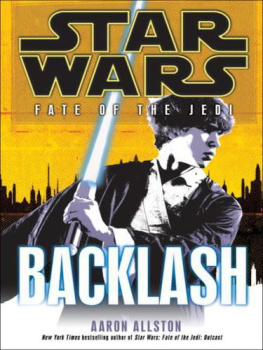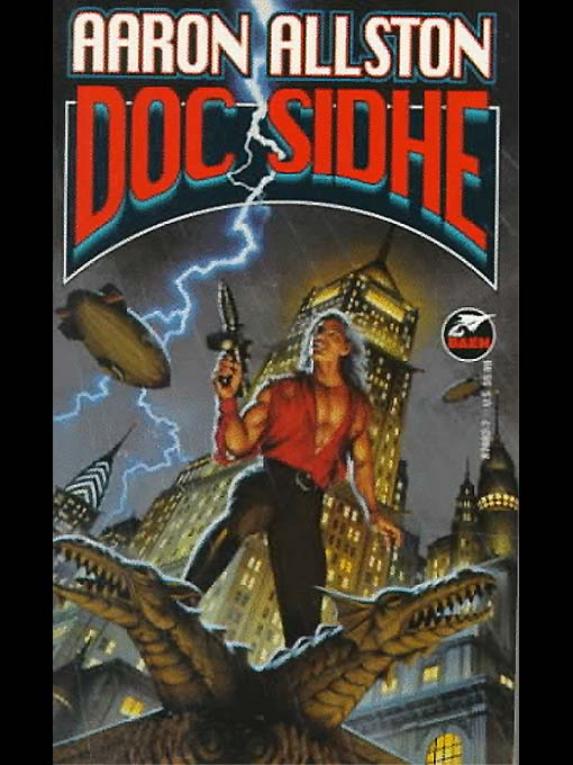Doc Sidhe
Aaron Allston
This is a work of fiction. All the characters and events portrayed in this book are fictional, and any resemblance to real people or incidents is purely coincidental.
Copyright (c) 1995 by Aaron Allston
All rights reserved, including the right to reproduce this book or portions thereof in any form.
A Baen Books Original
Baen Publishing Enterprises
P.O. Box 1403
Riverdale, NY 10471
ISBN: 0-671-87662-7
Cover art by David Mattingly
First printing, May 1995
Distributed by Simon & Schuster
1230 Avenue of the Americas
New York, NY 10020
Typeset by Windhaven Press, Auburn, NH
Printed in the United States of America
Acknowledgements
Thanks go to Randy Greer, Ray Greer, Steven Long, Beth Loubet, Denis Loubet, Steve Peterson, Luray Richmond, Allen Varney, and Toni Weisskopf for research and advice.
Mistakes in this novel remain only in spite of the contributions of these people.
Dedication
To Lester Dent and Walter B. Gibson, who left before I could say thanks; and to Tom Allston and Rose Boehm, who didn't.
Thanks, guys.
DOWN, BUT NOT OUT
Harris came up off his jumping foot and brought the same leg up before him in extensiona flying side kick straight out of tournament demonstrations. The huge man felt like Jell-O, but he still fell over backwards. Harris hit the ground hard, too, but scrambled up instantly. "Gaby?"
The bag the man had dropped said, "Harris?" and her arm stretched out of it.
The old man said, "Mine." He stepped out of the way. "Phipps, I need this young man removed. Adonis, get up."
"Gaby, get the hell out of here!"
The third man pulled something from under his armpit. Harris felt fear clutching at him, but he charged and side-kicked just as Phipps got his revolver out into the open. The kick connected, knocking the man clean off his feet.
Harris almost grinned. From the opening bell to the knockout, one point five seconds. Not bad for a drunk loser. He bent over, grabbed Phipps' revolver, and swung it around to aim at the others.
The huge man's gloved hand clamped down on the barrel and yanked. The gun fired into nothingness and the huge man flung it off into the darkness. With his free hand, he pulled his hat away from his head and looked down at Harris. Moonlight illuminated his face.
His skin, cinnamon brown, hung in packed layers of wrinkles like earthworms laid lengthwise. No mouth or ears were discernible, but there were eyes, animal's eyes, set deep in. Harris took an involuntary step back, looking for the seam that proved this was a mask.
But the mouth opened. It was too large and too wide to belong to any human. No man or woman possessed a forest of sharklike teeth like those. It twisted into a smile.
The Smile mocked him.
BAEN BOOKS BY AARON ALLSTON
Galatea in 2-D
Doc Sidhe
Chapter One
The Smile mocked him.
It was Sonny Walters' smile, sweat-dewed in the middle of the man's hardwood-brown face. It wasn't a friendly smile. It promised pain.
Harris Greene advanced anyway, his gloved hands high, his body constantly moving. Walters, with the longer reach, could afford to stand back and fight at distance; Harris had to play the aggressor, constantly closing.
Harris started the round with a snapkick to Walters' ribcage. Walters brought his left arm down to take the shot just above the elbow. Harris stepped in close, threw a right jab at the same ribs, then spun around counter-clockwise.
Harris Greene's patented Spinning Backfist. He should have come out of the spin with his left fist slamming into Walters' blocking forearm or, better yet, his unprotected head. But instead he unloaded the blow into empty air, the Smile somehow magically transported just beyond his reach. The exertion kept Harris spinning a fraction of a turn too far, leaving him out of position.
Walters' right hook came up out of nowhere and took Harris on the point of his jaw. The blow rocked his head and he staggered a half-step back.
It didn't really hurt, but bright little lights appeared in his vision, tiny fireflies dancing in front of him; he ignored them and kept moving backwards, buying time to recover.
But his feet wouldn't cooperate. His back and head slammed into the canvas before he ever felt off balance. The crowd roared its approval.
They hadn't yelled for Harris once during the match. He could smell the stink of their sweat, stronger than his own odor or Walters', and for a moment he hated thembeer-chugging, screaming, sweating, cousin-fondling morons who should have been at home with their families but instead came to cheer while Harris Greene took a beating.
Already they counted him a loser. They were just waiting for him to prove them right.
Harris rolled up to a kneeling position and waited. The dancing stars began to fade. When the referee's count reached seven, he stood. He forced his features back into his war-face, all glowering eyes and sullen expression, just as he'd practiced a hundred times for the mirror, but he was no longer sure who he was doing it for. The referee got out from between the two men and signaled for them to resume.
Harris forced himself to move forward again, straight for the Smile.
Miles away, on Manhattan, Carlo Salvanelli sat in a cardboard box.
It was a good box. Twelve weeks ago it had held a brand-new Whirlpool refrigerator, Model #ED25DQ, almond-colored with water and ice dispensers right there in the freezer door. It had stood resolutely upright after the workmen unloaded it; as soon as the workmen had turned their backs, Carlo had grabbed the box from just inside the delivery dock and made off with it.
Carlo didn't know how far past seventy years old he was, but he was in good shape: lean, with all his own teeth, still graceful, health good in spite of the way he lived. He was certainly sound enough to run off with a refrigerator box and be safely away before the workmen came back.
Now the box sat lengthwise up against the alley wall. The alley was an even bigger stroke of luck than the box; the manager of the apartments behind him let him stay there, even gave him the combination to the gate that blocked the alley mouth, just for hauling a little trash and mopping a few floors.
Between the new box and the sheltered alley, this had been a better winter than the last one. Maybe the new year would give him a job, a real home.
Someone rapped on the end of the box.
Carlo jolted in surprise. His hearing was keen. Had Mr. Montague come out through the alley door of his building, had someone come in through the creaking gate at the alley end, Carlo would have heard it. But there had been no sound.
At a loss, he called, "Come in."
The visitor pulled open the box flaps and probed around with a flashlight beam that caught and blinded Carlo. Then the visitor turned the light on himself.
He was a silver-haired man, Carlo's age. That was the only similarity between them; in contrast to Carlo's tattered, unwashed jeans and flannel shirt, this man wore an elegant silk suit, a long coat of lined black leather, a red scarf, a new fedoranobody wore fedoras anymore. No one but old men.
The visitor smiled reassuringly at Carlo. "May I come in?"
"Iof course." Carlo squirmed. He'd never had a visitor to a box that served him as home, and the visitor's elegance reminded him pointedly of the shabbiness of his clothes, of his few belongings. He knew he smelled bad, and he was suddenly embarrassed.

